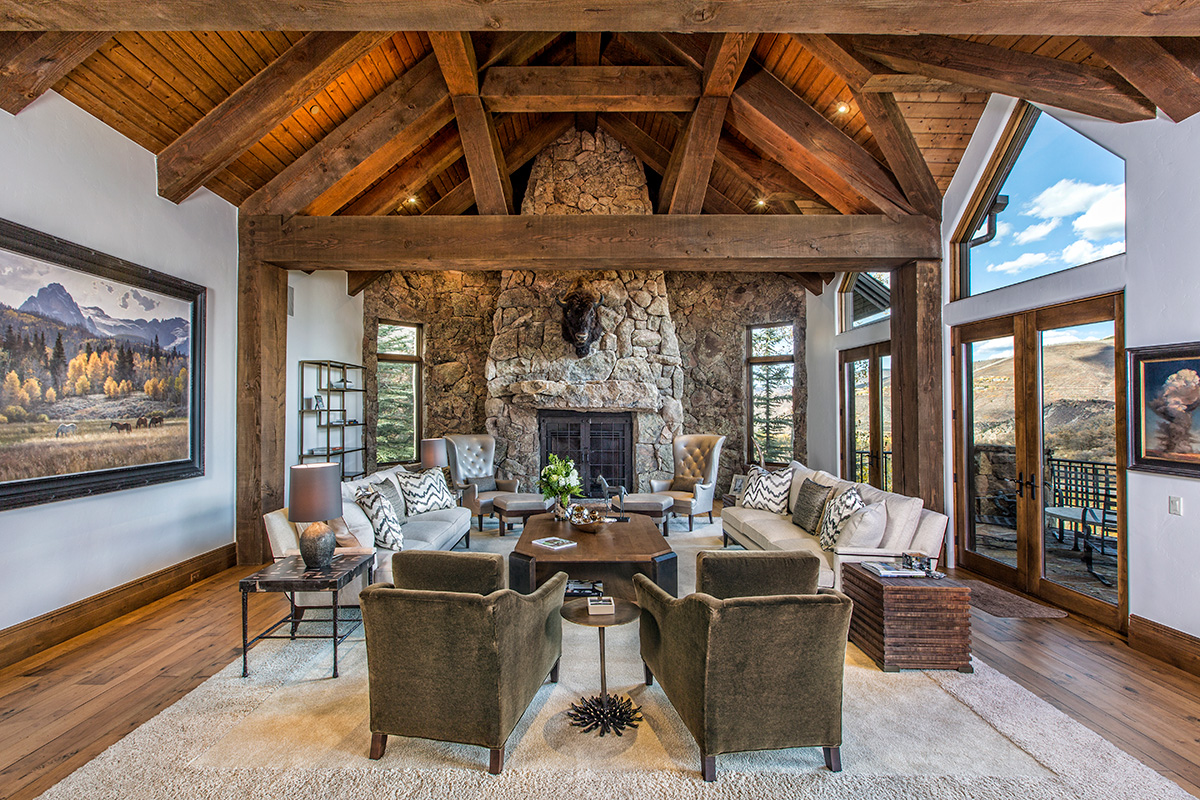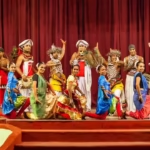The world today is a blend of cultures, traditions, and lifestyles, influenced by globalization and technology. Among these, the Western lifestyle has emerged as one of the most prominent, shaping the way people think, dress, eat, work, and interact. Originating from countries in Europe and North America, this lifestyle emphasizes individuality, freedom of choice, and modernity. Over time, it has spread across the globe, influencing both developed and developing nations.
In this blog, we will explore the key features of Western lifestyle, its advantages, drawbacks, and how it compares with traditional ways of living.

Understanding the Western Lifestyle
The Western lifestyle is often associated with modern values such as independence, equality, professionalism, and consumerism. It is not only about clothing or food but also about outlook, behavior, and social structure. People living this lifestyle usually prioritize personal freedom, career, education, and comfort.
Some defining aspects of Western lifestyle include:
- Individualism – valuing personal goals and self-identity.
- Work-Oriented Living – placing high importance on career growth and achievement.
- Modern Fashion and Technology – adapting to new trends quickly.
- Social Freedom – openness toward relationships, marriage choices, and gender equality.
- Consumer Culture – giving preference to branded goods, gadgets, and modern facilities.
Key Elements of Western Lifestyle
1. Fashion and Clothing
Western clothing has become a global standard in many places. Jeans, t-shirts, skirts, suits, and dresses are widely worn across the world. Unlike traditional attire, Western fashion emphasizes practicality, comfort, and trendiness.
- Professional Wear: Suits, ties, skirts, and blazers dominate office environments.
- Casual Wear: T-shirts, jeans, and sneakers are everyday choices.
- Party Wear: Stylish gowns, tuxedos, and modern outfits represent the social aspect of this lifestyle.
Fashion is not only about clothing but also a way to express individuality, which is highly valued in Western culture.
2. Diet and Food Habits
Food is another essential aspect of Western lifestyle. It emphasizes fast, convenient, and calorie-rich diets.
- Common Foods: Bread, pasta, burgers, pizzas, steaks, and salads.
- Fast Food Culture: Chains like McDonald’s, KFC, and Starbucks are global icons of Western eating.
- Lifestyle Connection: Dining out is common, and meals often include meat, dairy, and processed foods.
While convenient, such food habits often lead to health challenges like obesity and diabetes, though there is a growing shift toward healthy diets, veganism, and organic produce.
3. Work and Career Orientation
In Western lifestyle, work plays a central role. People are highly career-driven, spending long hours in offices. Professional achievements, promotions, and financial independence are key success markers.
- Corporate Culture: Formal work settings, fixed schedules, and performance-based appraisals.
- Gender Equality: Both men and women are encouraged to pursue careers equally.
- Lifestyle Impact: This creates financial stability but often leads to stress and work-life imbalance.
4. Education and Knowledge
Western lifestyle emphasizes education as a foundation for personal growth. Universities and schools encourage creativity, research, and independent thinking.
- Children are taught to ask questions and explore beyond textbooks.
- Students often work part-time to support themselves, creating financial independence.
- Education is viewed not only as a means to employment but also as personal development.
5. Social Structure and Relationships
The Western lifestyle places strong importance on social freedom. Individuals are free to choose their partners, friends, and careers.
- Marriage and Family: Nuclear families are common, with emphasis on independence rather than extended family ties.
- Relationships: Love marriages, live-in relationships, and divorces are socially acceptable.
- Gender Equality: Men and women share responsibilities both at home and at work.
6. Entertainment and Leisure
Western lifestyle also focuses on recreation and entertainment as an essential part of life.
- Sports: Football, basketball, and baseball are widely popular.
- Media and Pop Culture: Hollywood, Netflix, music festivals, and global icons influence global trends.
- Travel: Leisure travel and vacations are considered important for relaxation.
Advantages of Western Lifestyle
- Freedom and Equality
One of the biggest strengths of Western lifestyle is its emphasis on personal freedom and equality. People are encouraged to make their own choices, irrespective of gender, race, or class. - Progressive Outlook
Western societies are more open to new ideas, innovations, and technology. This forward-thinking attitude has led to scientific, industrial, and cultural revolutions. - Education and Opportunities
High-quality education and career opportunities allow individuals to grow personally and professionally. - Improved Standard of Living
Comfortable housing, healthcare, infrastructure, and technology ensure a higher standard of living. - Cultural Exchange
Western culture promotes global connectivity through movies, music, and technology, allowing people from different countries to interact and learn.
Drawbacks of Western Lifestyle
- Materialism and Consumerism
The focus on brands, wealth, and luxury often leads to materialistic lifestyles where happiness is measured by possessions. - Family and Social Disconnect
Unlike traditional societies, Western lifestyle emphasizes nuclear families, often reducing close bonds with extended relatives. - Health Issues
Fast food, sedentary habits, and stress lead to lifestyle diseases like obesity, heart problems, and anxiety. - Work-Life Imbalance
The competitive work culture often causes burnout and reduces quality family time. - Cultural Homogenization
Adopting Western lifestyle globally sometimes overshadows local traditions, languages, and customs.
Western Lifestyle vs. Traditional Lifestyle
Traditional lifestyles, particularly in Asian and African countries, emphasize family, community, and cultural rituals. In contrast, Western lifestyle highlights individuality, progress, and personal success.
- Traditional Lifestyle: Strong family ties, cultural festivals, simple food habits, and community living.
- Western Lifestyle: Independence, global exposure, fast food, technology-driven, and modern thinking.
Both have strengths and weaknesses. A balanced approach, combining Western progressiveness with traditional values, can create a healthier and more fulfilling lifestyle.
Western Lifestyle in Today’s World
Globalization has made Western lifestyle influential worldwide. In cities across India, China, Africa, and the Middle East, people wear Western clothes, eat fast food, and adopt corporate culture. At the same time, many are blending it with their traditions to create a hybrid lifestyle.
For example:
- In India, people wear Western clothes at work but switch to sarees or kurtas during festivals.
- Young people worldwide use social media, follow Western music, and enjoy Hollywood movies.
- Fitness culture, yoga, and vegan diets are reshaping Western lifestyle itself, showing its ability to adapt and evolve.
Conclusion
Western lifestyle is a modern way of living that emphasizes individuality, progress, and comfort. From fashion and food to education and relationships, it has influenced people worldwide. While it offers freedom, equality, and opportunities, it also brings challenges like consumerism, stress, and family disconnect.
The key is to take the best of Western lifestyle—its innovation, equality, and progress—while balancing it with traditional values of family, culture, and health. By blending both, societies can enjoy a lifestyle that is modern yet rooted in meaningful human connections.





